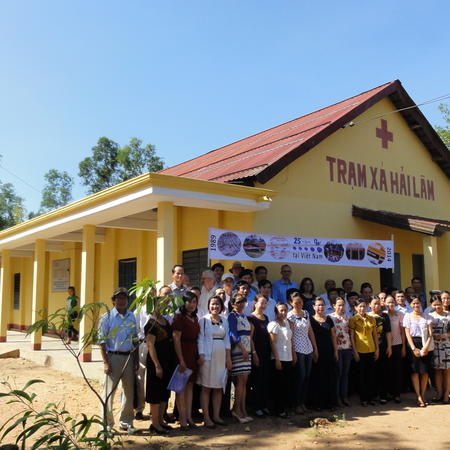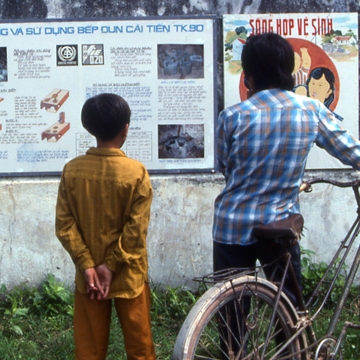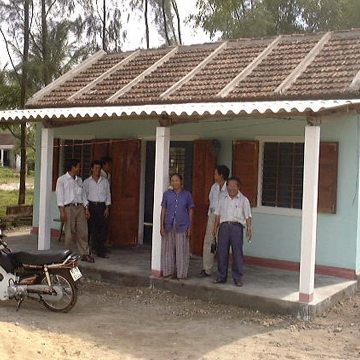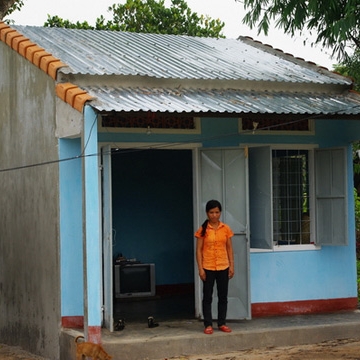DW History
1973 - 2011
Three architectural students at the Architectural Association (AA) in London founded Development Workshop in 1973. The two remaining founding members are active in DW today.
During a field trip in Egypt, these DW founders worked with Hassan Fathy, an Egyptian pioneer architect who had been working since 1930 to show that it is possible to build for the poor, cheaply and humanely, by helping them to build for themselves. He advocated using popular architecture to improve the living conditions of the rural poor and his efforts inspired the early work of DW.
In 1974, DW worked for the Government of Oman to study how that country’s indigenous architecture could be developed as the country entered the "modern" era. It inspired what became a seminal publication and exhibition ’Indigenous building and the Third World’.
In 1974 the DW team joined an innovative regional development project in the predominantly rural region of Lorestan in Iran, and from 1974 to 1979 in Iran DW developed a more holistic approach to human settlement systems and settlement planning. This included rural industries, rural water supply, building technology and training. The emphasis was on developing local resources and local capacities to address local problems and opportunities. After the Iran revolution DW was incorporated as a not for-profit organisation in Canada in 1981 and the geographical focus of DW expanded. There are today two main autonomous offices in the North of which DW France is one, the other being DW Canada. In the South, DW Angola and DW Burkina Faso are both locally established NGO, and operate under the same broad mission statement.
Development Workshop France (DWF)
John Norton, one of the three founding members of DW, established a DW office in France in 1985 and an independent registered French NGO in 2008, working principally in South east Asia and West Africa.
Links











